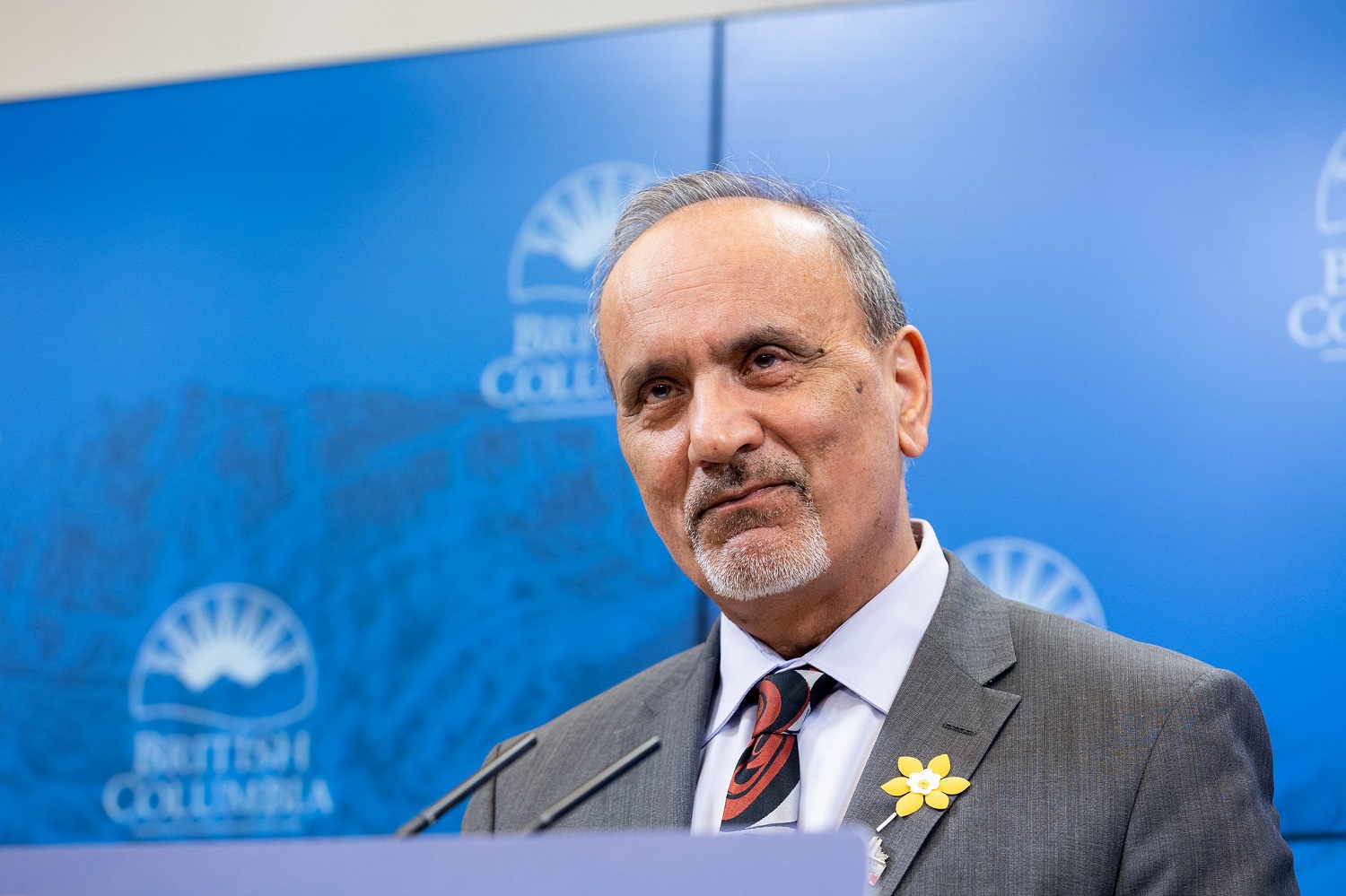Less than a year after B.C. legislated five paid days off, the BC Federation of Labour wants the provincial government to triple the number of sick days guaranteed to employees.
Delegates at the federation’s convention unanimously voted to lobby for at least 15 annual days of employer-paid illness or injury leave.
The federation previously pushed for 10 days.
B.C. law currently guarantees five days paid leave to people who have worked for an employer for at least 90 days.
The federation also wants the provincial government to remove the 90-day requirement and provide five days of “paid family responsibility leave,” which might be used to care for sick children or relatives.
But business groups argue ratcheting up the number of guaranteed sick days is premature and would cause undue expense.
And B.C. Labour Minister Harry Bains was noncommittal as to whether he’d consider increasing the number of guaranteed sick days so soon after introducing them.
B.C. temporarily guaranteed employees three days of paid sick leave during the early months of the COVID-19 pandemic as a way of guaranteeing workers compensation if they had to stay home.
The province passed legislation this January guaranteeing eligible employees five paid sick days per year, more than any other jurisdiction in Canada. At the time, they estimated as many as half of workers in the province did not have access to paid sick leave.
Bains said the number of days was determined by a combination of a government poll and third-party consultation. They determined the average worker used about five days a year.
“I know there are brothers and sisters in the room that would have wanted that to be doubled,” former premier John Horgan acknowledged in his speech to the federation’s convention last week.
“But my message to you is that every journey starts with that first step, and our first step is five days, and we can only go up from here,” Horgan said.
Bains, though, made no indication that was coming anytime soon.
He was asked twice if B.C. would consider increasing the current number of sick days and did not say. He argued B.C.’s program was already the most generous in the country and said his government had made it easier for workplaces to unionize, which he argued could lead to more workplaces with more generous benefits.
“There always can be improvements. But again, we are the only province that has five paid sick days available to all workers covered by employment standards,” Bains said in an interview. He similarly rejected removing existing criteria.
“You need to establish yourself as an employee. That means that you are committed to the employer,” Bains said.
But labour economist David Fairey says B.C.’s existing sick day guarantees are inadequate and increase the risk employees will spread illnesses in the workplace because they cannot afford to miss the pay.
He believes that is particularly true for industries like construction, tourism and agriculture, where employees might work on a seasonal or short-term basis and thus not be employed long enough to make use of the sick days under the current eligibility criteria.
Other workers who are not considered employees — like Uber drivers and many short-term contractors — also don’t qualify.
“These are some of the most precarious workers, so they’re going to go to work sick,” said Fairey, co-chair of the BC Employment Standards Coalition.
Most provinces don’t have guaranteed sick leave, though the federal government recently started guaranteeing at least 10 paid sick days a year to private employees in nationally regulated industries like airlines.
Al Bieksa, president of United Steelworkers’ Local 2009, spoke in favour of the motion, which also called for a campaign to push back against the stigma of using sick days for mental health recovery as well as physical injury or illness.
The BC Chamber of Commerce opposed the implementation of paid sick leave legislation in B.C., citing its cost to businesses, and president Fiona Famulak said they don’t support tripling the number of days either.
“The paid sick leave program hasn’t been in play for one year yet, and it just seems premature to call for a three-fold expansion of the program,” Famulak said. She argued government should instead evaluate the existing program to see how effective it was.
Fairey says the experience of most other developed economies is that sick day programs don’t impose undue cost and have noted public health benefits.
“Everyone is bearing the cost of sickness. And employers are going to have to take that as the cost of doing business, just like minimum wage or overtime,” Fairey said. ![]()
Read more: Labour + Industry

















Tyee Commenting Guidelines
Comments that violate guidelines risk being deleted, and violations may result in a temporary or permanent user ban. Maintain the spirit of good conversation to stay in the discussion.
*Please note The Tyee is not a forum for spreading misinformation about COVID-19, denying its existence or minimizing its risk to public health.
Do:
Do not: